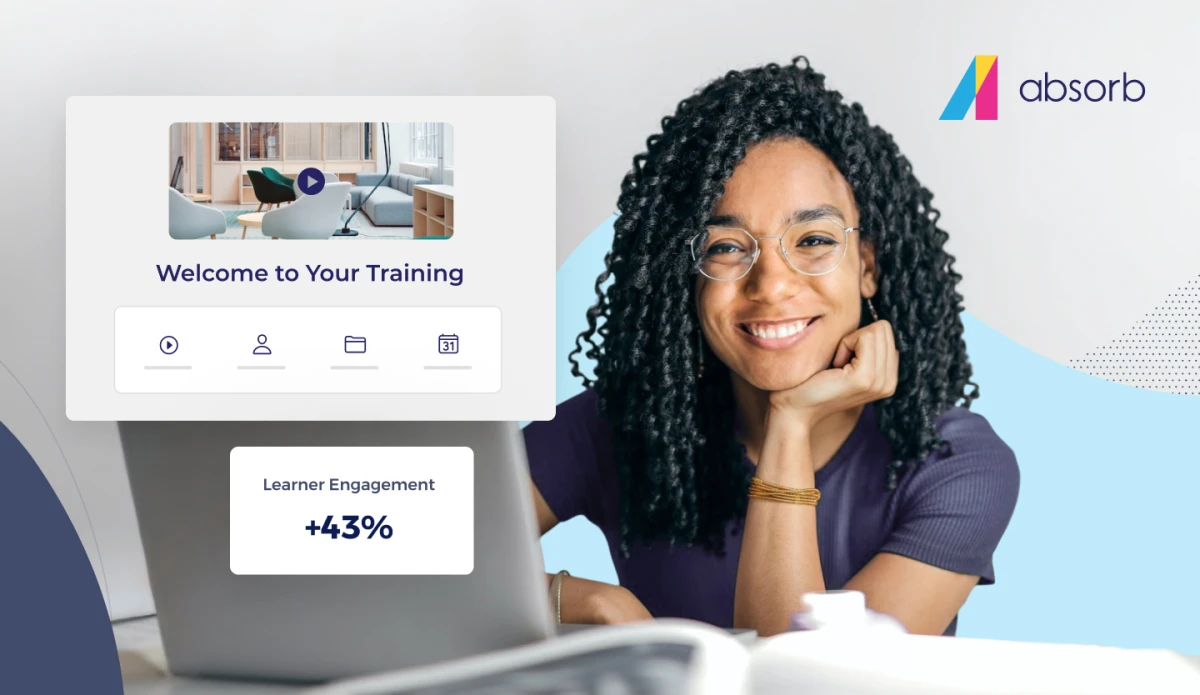The coronavirus pandemic has turned remote work into our "new normal" practically overnight, according to the Society for Human Resources Management. Employers are learning quickly that a truly successful work from home program takes more than functional networks and secure hardware. The greater challenge lies in keeping dispersed workers engaged.
Team participation is the single most important driver of employee engagement. Dispersed workers who are part of a team are more than twice as likely to be "fully engaged" than their peers who are not part of a team, according to the ADP Research Institute. Organizations that embrace a learning management system strategy for teamwork in the workplace can scale a better experience across the workforce—whether its members are on site or remote.
Why learning is key
Today's team structure looks a lot different from how it did 20 years ago as remote, part-time and contract workers have become an integral part of the workforce. Nearly two-thirds of employees surveyed by ADP belonged to more than one team.
It may be too soon to tell how COVID-19 will shape these teams in the long term, but it's safe to say that many organizations won't simply click back into their old models once all is said and done. They'll likely look to bake even greater flexibility into their structures to stay responsive to unpredictable challenges.
A key barrier to a strong, adaptable team community for many organizations is rooted in knowledge siloing. It's easy for employees to feel isolated when their face-to-face interactions with colleagues and leadership is limited. Employees surveyed by ADP feel greater solidarity with their teams and employers if they clearly understand what's expected from them and have a chance to use their skills daily.
Technology is clearly a driver for modern teams to communicate, collaborate and stay connected across continents and time zones. However, it may be time for leaders to consider technology for building community and knowledge.
Curate knowledge mastery
The Harold Jarche model for personal knowledge mastery (PKM) is characterized by "three Ss": seek, sense and share. Seeking is about discovering need-to-know information and receiving updates that are "pushed" from trusted sources. Sensing is the process of turning information into knowledge by putting newly absorbed data into the context of experience and the workplace. Finally, sharing is fostered through collaboration and conversation, including testing ideas from colleagues.
Globally distributed teams may lose the ability to learn from others, put ideas into context or discuss the new information with colleagues. A robust learning management system (LMS) can foster and enrich team solidarity within the PKM model by providing curated workplace updates and the opportunity for social collaboration around learning and development content.
Foster individual contributions
The key to creating deeper personal engagement among teams can be found through an LMS that fosters sharing and open communication between leaders and individual contributors. In particular, shining the spotlight on your team members can help your workforce connect more with their dispersed colleagues. User-generated content submissions and user profiles within the LMS can create bonds that facilitate future teamwork in the workplace. Digital connections can encourage trust between teammates regardless of physical location, and set the groundwork for future collaboration.
Facilitate distributed group learning
Incorporating group opportunities into your L&D strategy can scale assignments and problem-solving exercises to build collaborative habits on distributed teams. Online discussion groups can help individuals put knowledge into the context of the workplace and work with others to apply new knowledge to real situations. Collaborative group activities and simulations can engage employees with new learning content and their global colleagues, building engagement on the road to continuing education.
Improving global team L&D
The structure of a team has changed significantly in the modern workplace, bringing new challenges for effective L&D and employee engagement within the team structure. A sound LMS strategy can improve the individual contributor's learning and global team experience by fostering knowledge sharing, team-based L&D activities and collaboration around new information.
Reach out to a representative to see how Absorb LMS can quickly connect your learners as they work from home.





